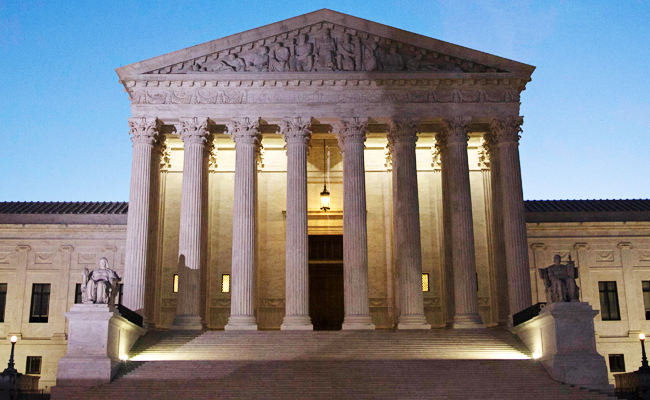
One of the ongoing technological struggles is just how private your stuff really is. Apple and other tech companies have been fighting law enforcement attempts to insert “backdoors,” which create risks for consumers and activists around the world, for years now. And one of the biggest problems has been that your phone records are essentially an open book. But that’s a book the Supreme Court has closed, unless law enforcement gets a warrant.
The case, Carpenter Vs. United States, was all about what lawyers call a “reasonable expectation of privacy.” The key example of this is somebody’s house. The police can’t just bust down your door and look through your stuff; they have to go to a judge, explain why they think you’re a suspect, and the judge decides whether they can come into your home, and sometimes what can be taken as evidence. The question was, does the same expectation of privacy apply to third parties, in this case the large corporations storing the location data from your cell phone? The most visible example of this is likely the Hae Min Lee murder case covered in the podcast Serial, where his cell phone’s location data was one of the key pieces of evidence in the case against Adnan Syed.
The answer, according to a court’s 5-4 decision, is yes. What ultimately swayed it, it turns out, was the sheer detail of the records, and how much could be concluded from them. It wasn’t just that we expect our phone providers not to sell every last thing to the cops, it’s that what can be concluded from those records is so vast and worrying for privacy advocates. Think about it; your phone goes where you go, so just from that data, anybody could figure out where you live, where you go to work, where you run your errands, where your significant other and friends hang out, what restaurants you go to, what your morning routine is, and so on. This information is still accessible to law enforcement, but they do need to reach a higher standard, which is a limit on the potential for abuse.
Still, while this grave privacy concern is off the books for now, expect others — as the tension between what law enforcement wants and what tech companies are willing to provide rises.
(via The Verge
